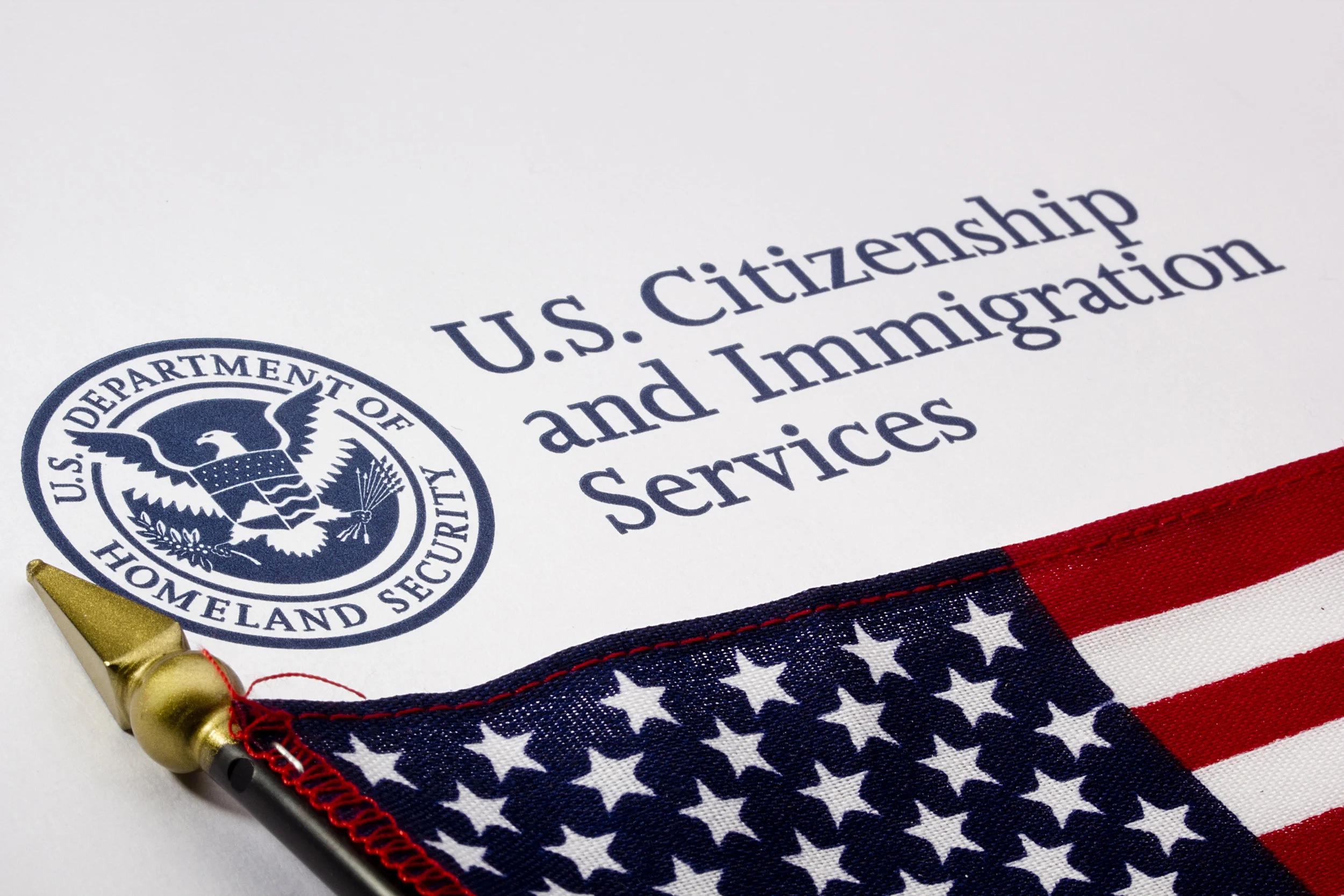Earlier this week, a federal court in Washington, DC, upheld U.S. Citizenship and Immigration Services’ (“USCIS”) denial of an H-1B petition for a Quality Assurance Analyst (“QA Analyst”), finding that the agency’s analysis of the regulations defining a “specialty occupation” was not contrary to law. This decision provides important insights into 1) how the degree requirement should be worded so that a position qualifies as a “specialty occupation”; 2) how to strengthen expert statements and job postings of similar positions; 3) the need for descriptions of job duties that communicate complexity while being comprehensible; and that 4) federal court litigation may not be the solution for overcoming H-1B denials because the standard of review for overturning these decisions is tough. Speaking from my own experience as a staff attorney at the Ninth Circuit for five years, the federal courts generally will defer to an agency’s decision unless the agency clearly failed to consider relevant evidence in the record or disregarded applicable case-law.
Read MoreUSCIS has announced that it will resume premium processing on Tuesday, February 19, 2019, for all H-1B petitions (transfers, extensions, amendments, etc.) filed on or before December 21, 2018.
Read MoreUSCIS announced today that premium processing will become available for pending H-1B cap cases as of Monday, January 28, 2019. Employers who have received requests for evidence (RFEs) for pending H-1B cap petitions should include their RFE reply with their request for premium processing.
Read MoreA recent report by the National Foundation for American Policy (NFAP) confirms that the USCIS has exponentially increased the number of requests for evidence (“RFE”) it has issued for H-1B petitions and denials of L-1 petitions this past year as a result of the Trump administration’s “Buy American, Hire American” Executive Order. Notably, for H-1B petitions, the RFE rate jumped from 17.3% in Q1 (under the Obama administration) to 69% in Q4 2017.
Read More



